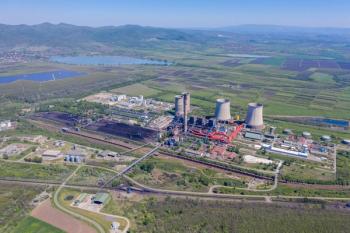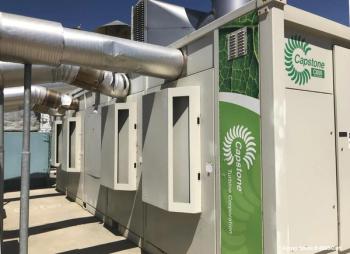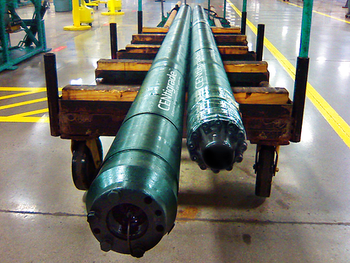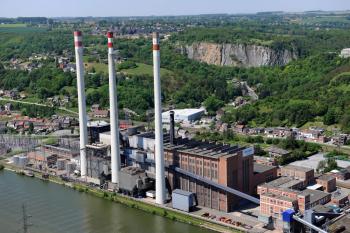
Condition assessment of Romanian nuclear plant to precede life extension
Ansaldo Energia Group, through Ansaldo Nucleare SpA, in association with Candu Energy Inc., a member of the SNC-Lavalin Group, were awarded a 9.727 million Euro contract by Societatea Nationala Nuclearelectrica S.A. (SNN). The contract is related to engineering services for performing condition assessments of systems, structures and components for the Cernavoda Unit 1 CANDU nuclear reactor in Romania. Completion of this work will form the basis of the scope of refurbishment for the station. This project is a key step for SNN in preparation for the life extension (PLEX) of Cernavoda Unit 1, which will extend its life for another 30 years of efficient operation to produce clean, reliable electricity. The Ansaldo Nucleare scope of work is about 35% of the entire value of the contract.
“This new important contract awarded by SNN to Ansaldo Nucleare, our longtime Canadian partner SNC-Lavalin/Candu Energy, and reputable supporting local companies, represents for us the natural continuation of related work recently performed for the plant life extension (PLEX) of the Embalse nuclear plant in Argentina,” said Francesco Maestri, CEO, Ansaldo Nucleare.
“We are delighted to continue our long-term strategic partnership with SNC Lavalin and Ansaldo Nucleare, a partnership that has been suppported by the high performance of Cernavoda NPP Units 1 and 2. The condition assessment is a key step towards the successful completion of the refurbishment of Unit 1, and we are looking forward to putting back into operation 700 MW for an additional life of 30 years” said Cosmin Ghita, CEO, SNN.
Cernavoda Unit 1 is a CANDU 6-type reactor and the first CANDU in Europe. Producing 705.6 MW of electricity, this reactor provides about 10 per cent of Romania’s electricity demands. It was commissioned and began commercial full power operation in December 1996. Since a nuclear plant does not emit greenhouse gases that contribute to acid rain and global warming, Unit 1 has avoided the release of more than four million tonnes per year of carbon dioxide (CO2) that would have been produced by a fossil fuel plant.
Newsletter
Power your knowledge with the latest in turbine technology, engineering advances, and energy solutions—subscribe to Turbomachinery International today.




